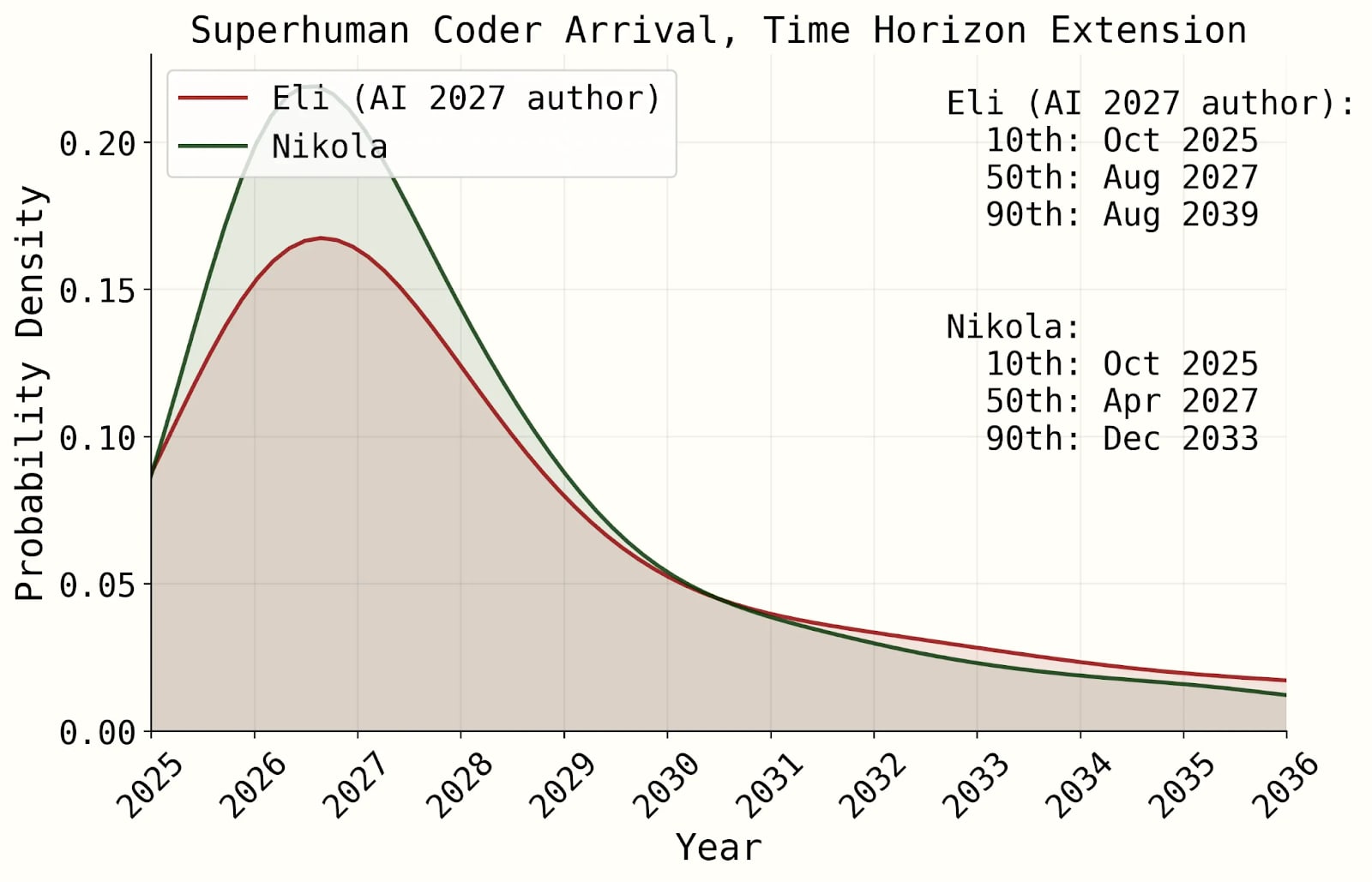After following ACX for a few years, getting more immersed in EA activities, and seeing the Mastermind post, I think an activity in which I’ve been engaged with for over a decade may be worth a shot among EA groups and meetups: Socrates Café. I was a bit surprised that it hadn’t been mentioned on the EA Forum before now, but better now than never.
The modern incarnation of Socrates Café has its origins with author Christopher Phillips (TED talk in 2021 https://www.youtube.com/watch?v=sWNOa-Q0S6c, https://socratescafe.com/?page_id=56). Long story short, it’s a group where individuals, using the Socratic method, delve into philosophical topics. From the meaning of life and the existence of morality to every manner of “is” and “should” you can conjure up, the group picks a topic, and the discussion begins. Extensive knowledge of particular philosophers and philosophies isn’t a prerequisite unless the group wants to create that kind of focus. We discuss topics and inquire with each other from our different perspectives. It’s not a formal organization, merely an idea in the public domain. I participated in a local Socrates Café group for many years since moving to Colorado. There was a core group of people from all walks of life, all generally cursed with thinking too much.
When COVID hit, I considered branching out online to start my own Socrates Café within an organization I currently lead. After some thought and considering my own irritability with people who cannot figure out how to use a mute button, the decision was made to hold off until we could all meet in person. When the bulk of the pandemic was in the rearview mirror, I fired things up using a community room at my local city hall. My particular experience notwithstanding, there’s no reason this couldn’t be effectively executed in a virtual format.
The rules are basic. It starts with a facilitator, a person familiar with the general process of running a Socrates Café meeting. For the first meeting, the facilitator usually picks the question to be asked for the session. Recent examples from my group include “What obligations do the living have to future generations?” “Was Michelangelo always in the block of marble?” and “What should the US do for Ukraine, if anything, amidst its war with Russia?” In principle, it can be a question about anything, it just must be a question.
Generally, the first speaker is someone lays out some context for the question to be asked, and it doesn’t have to be the facilitator. From there, participants raise their hands to speak. (Speaking is encouraged for all attendees, but not required.) This creates a spot for you in the queue tracked by the facilitator.
Now here’s where it gets Socratic: If you have a question for the current person speaking you may ask it directly without raising your hand and waiting (doing so in a timely and courteous manner). Questions asked of the speaker help to clarify, elicit expounding, and/or poke holes in the reasoning of what the speaker has put forward. These are the key exchanges, using questions to probe and counter assertions by others.
At the end of the session (usually two hours), the group nominates and votes to select the topic for the next planned meeting. In my experience, topics about religion or politics are frowned upon unless kept on a strictly philosophical level.
While those are the rules laid out by one Socrates Café group in Colorado, the benefits of the methodology are why I write about it. For any topic, broad or narrowly tailored, approaching EA subjects among the EA-minded in this manner could be a great addition to the EA quiver. Need to get the juices flowing on prioritizing one subject over another? Seeking to draw brighter lines to better refine how to measure the “good” done by a specific action? Wondering if you’re grasping your Bentham as well as you should? Socrates Café may do the trick. It’s not designed with creating revenue in mind, but contemplated as a forum for those whose draw is solely intellectual curiosity. Its few formalities are there to give discussions some coherence, but the directions taken by a Socrates Café group are driven solely by the members.
I gave some consideration to writing a proposal for the FutureFund #23 project “A constitution for the future,” but time and other commitments prevented me from doing so (see the spinoff Constitution Café). Regardless, I am confident that this approach to discussion and thinking would benefit a whole host of EA-related endeavors. So long as discussions are all done in good faith, there’s no reason that any topic would need to be off limits. For those in the Anglophone world, there’s a good chance a Socrates Café group already exists in your area. If you’re curious about more particulars, ask away!



Also ripe for a survey element